Hot!
Indeed, the time is now, Black Stars

‘’The time we have all been waiting for is here. Months of thinking about the AFCON, weeks of preparing and days of travelling, have finally brought us to the time all of us have been waiting for. It is that time that we have to forget about all the things that have happened in the past, come together with that singular ambition of making history for yourselves and for Ghana.
‘’It is that time that all of us have to stand up and be counted. It is our time to bring the country together. It is our time to use football to revive the spirit of our youth. It is our time to use football to bring hope and happiness to our country.’’
The above quote from the Ghana Football Association (GFA) President, Kurt Okraku perfectly captures the atmosphere created by the 34th edition of the African Cup of Nations (AFCON) tournament scheduled for Cote d’Ivoire and set to kick off today.
At exactly 8pm, the Black Stars will commence their campaign for a fifth AFCON trophy to break a 42-year trophy drought with a group opener against Cape Verde.
This campaign is coming at a time when Black Stars fans appear crest-fallen with pride and ego dropping to its lowest ebb. There are a few out there, however, with some level of confidence and enthusiasm in the team that has regularly produced poor results in recent times in qualifiers.
That is the reason why the lucky 27 players selected by Coach Chris Hughton needed no reminders like what the FA President put out to know the responsibilities on their shoulders.
The 27-member team included Richard Ofori, Joseph Wollacott, Lawrence Ati-Zigi, Alidu Seidu, Denis Odoi, Kingsley Schindler, Gideon Mensah, Abdul Fatawu Hamid, Nicholas Opoku and Salisu Mohammed.
The others are Osman Bukari, Joseph Painstil, Ernest Nuamah, Jordan Ayew, Antoine Semenyo, Inaki Williams, Jonathan Sowah and Daniel Amartey.
The rest include Alexander Djiku, Baba Iddrisu, Elisha Owusu, Abdul Samed Salis, Richmond Lamptey, Majeed Ashimeru, Mohammed Kudus, Andre Ayew, Ransford Yeboah Koningsdoffer with Chris Hughton as the Head Coach.
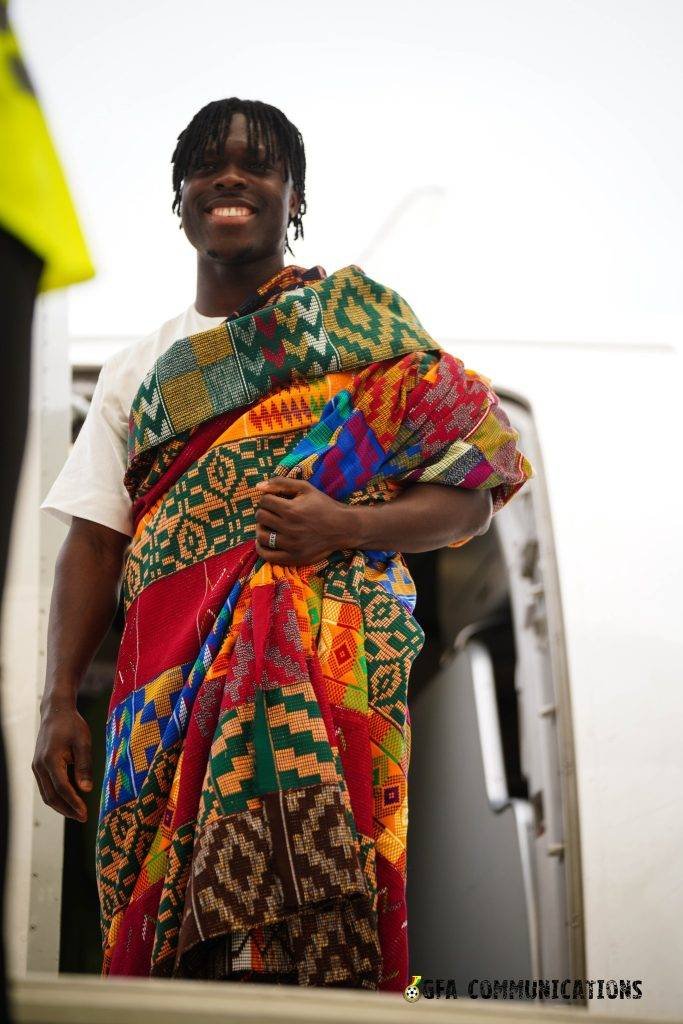
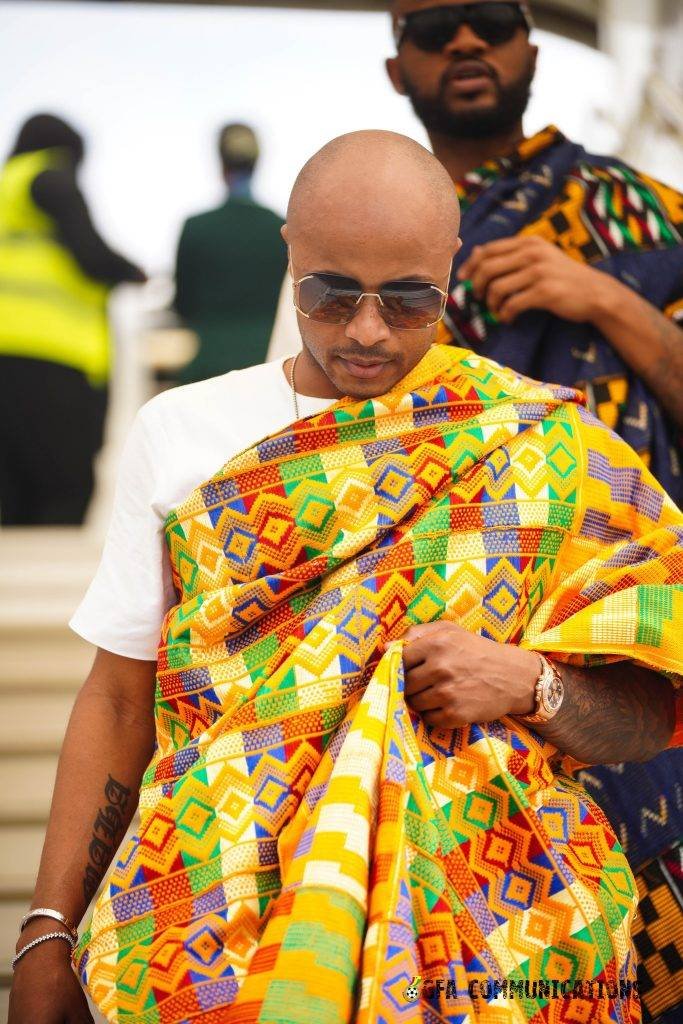
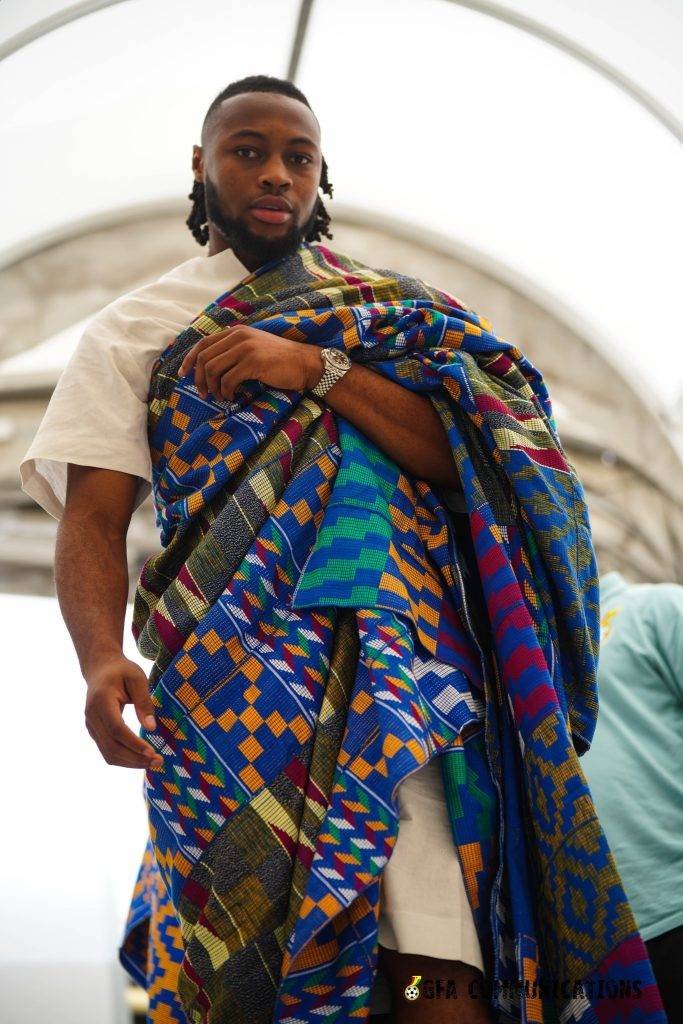

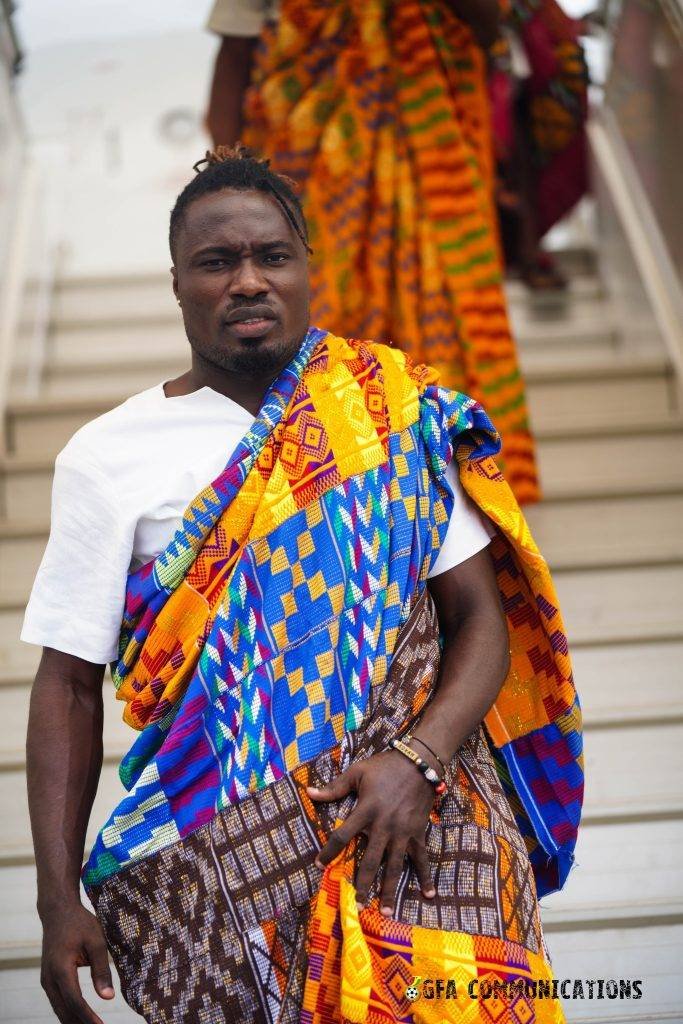
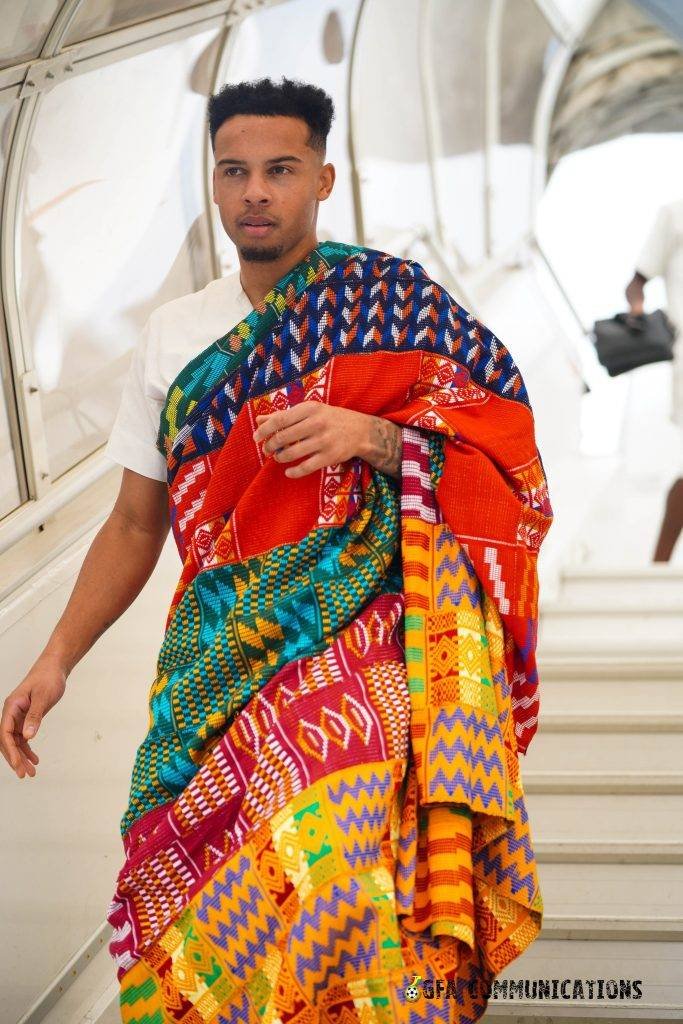
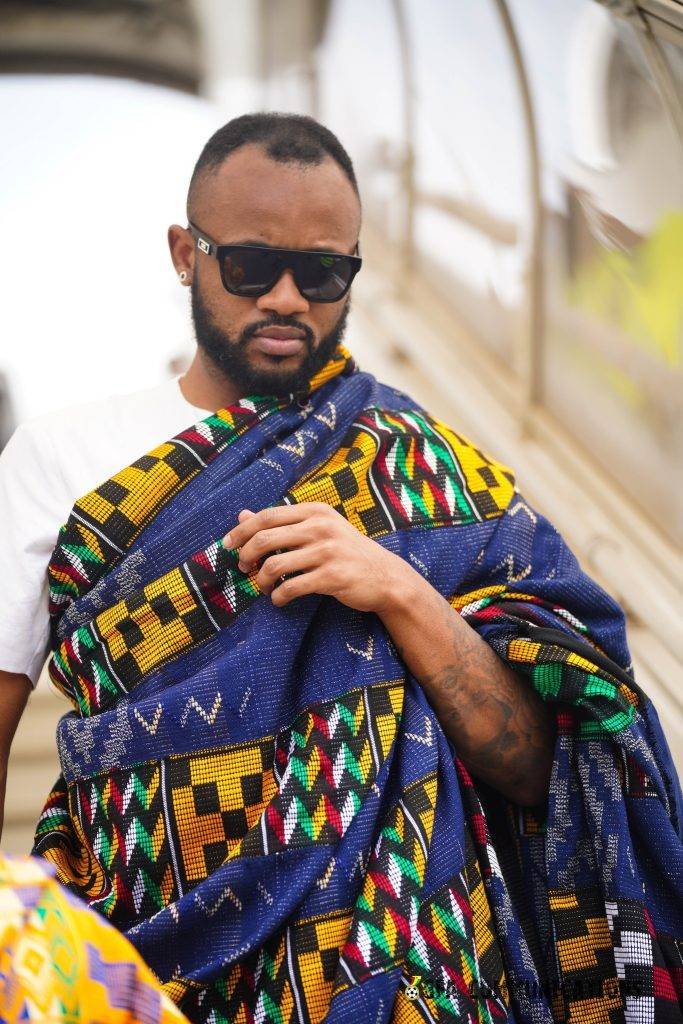
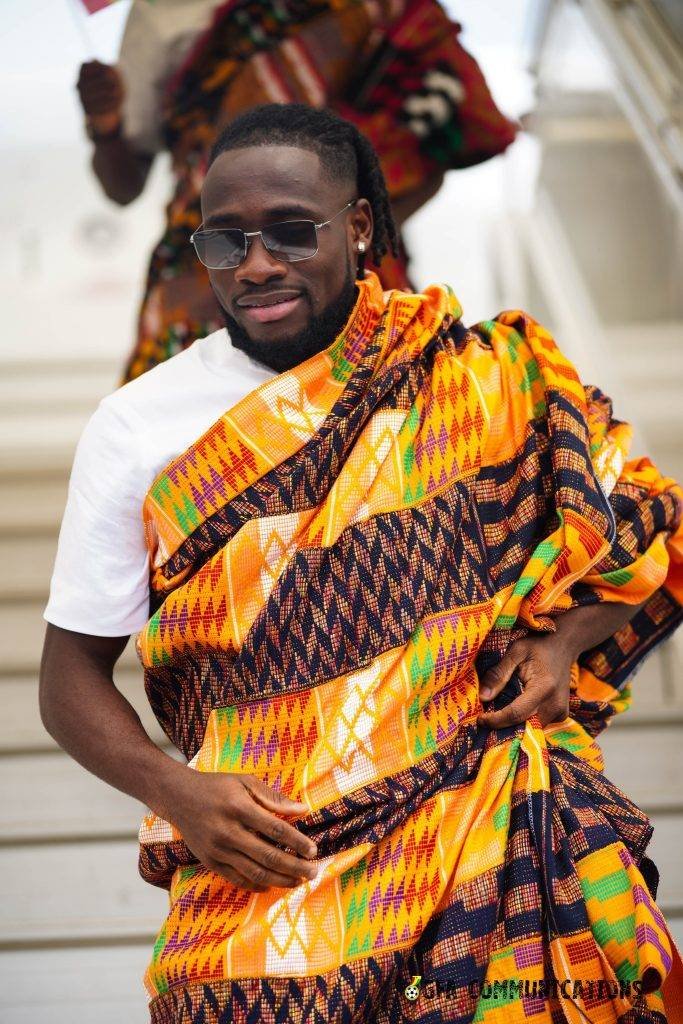

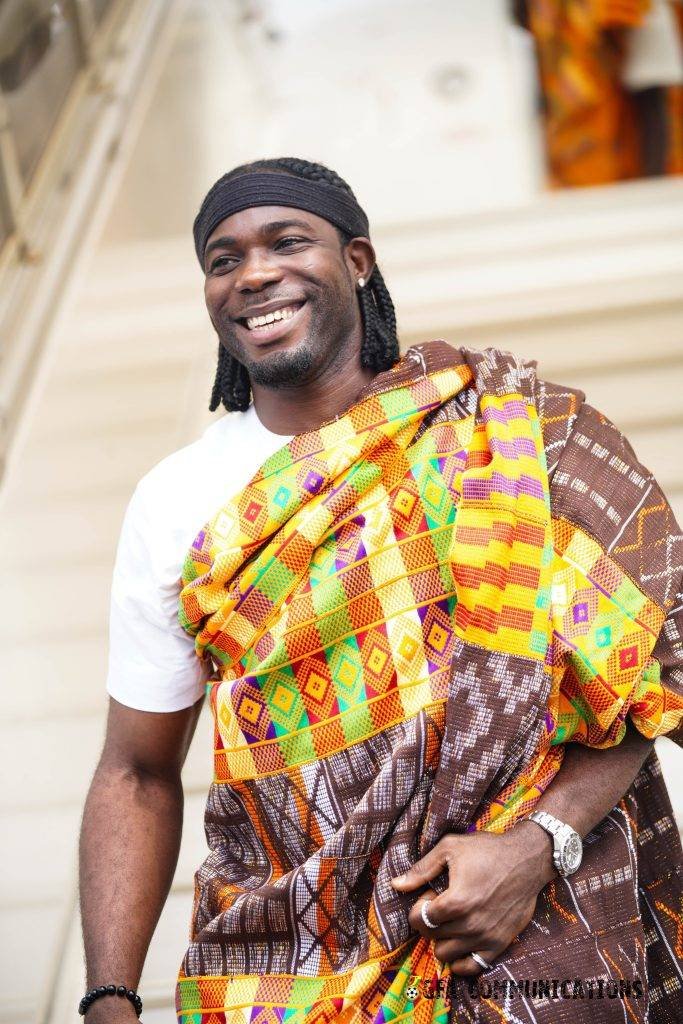
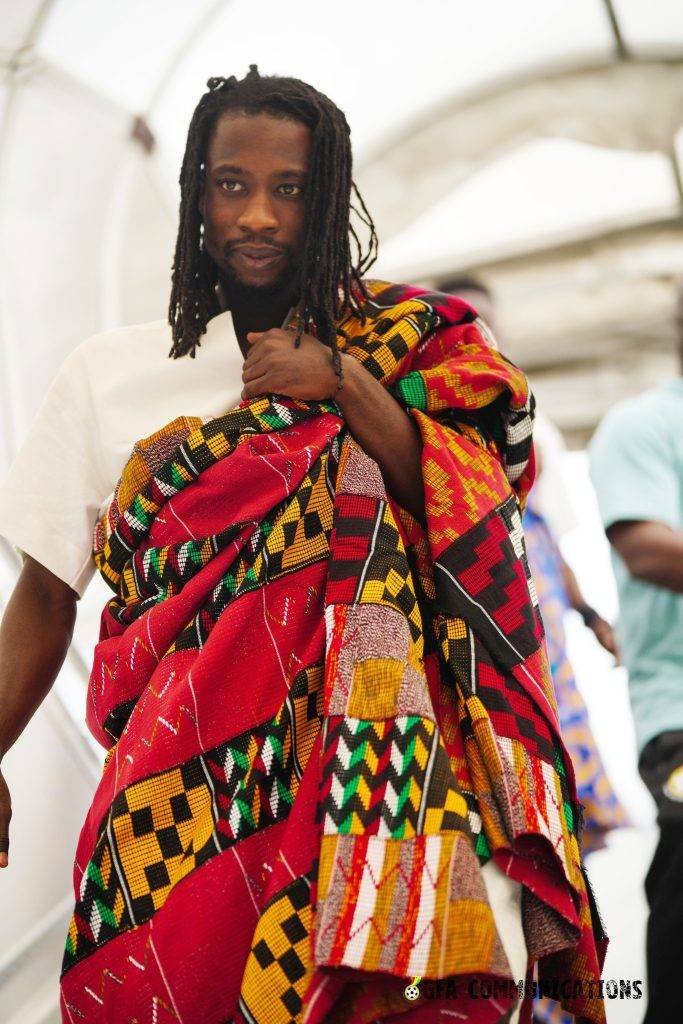
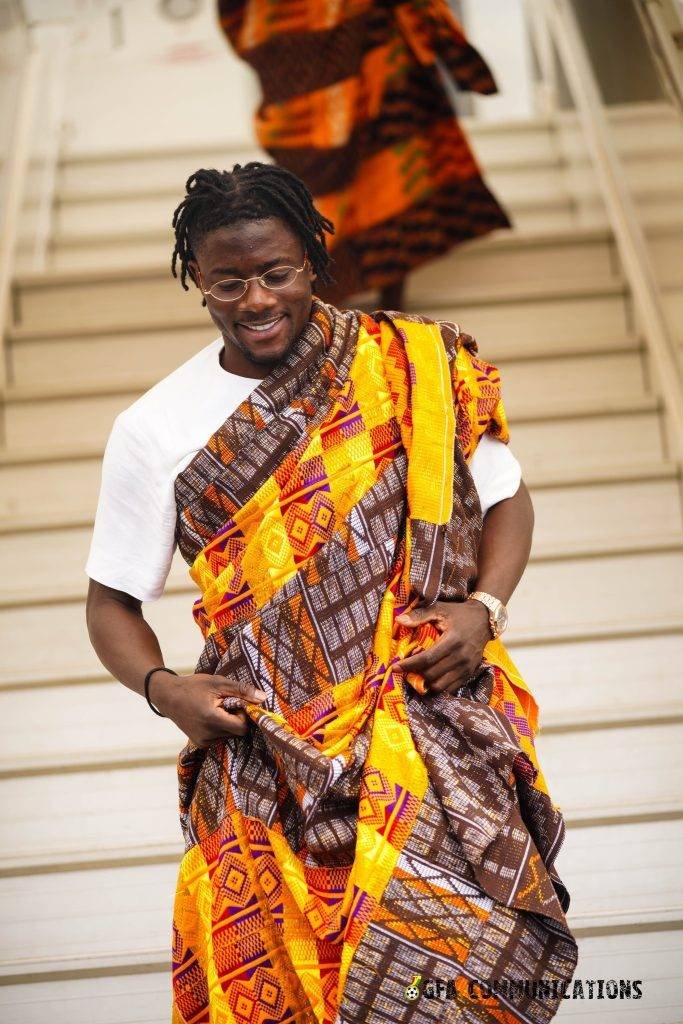
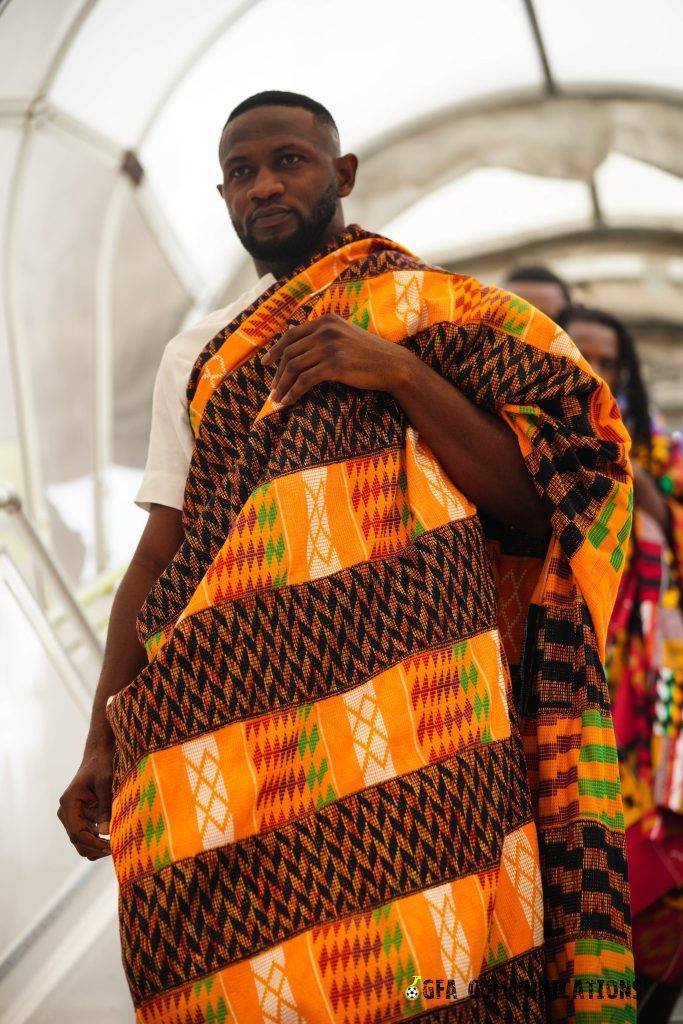
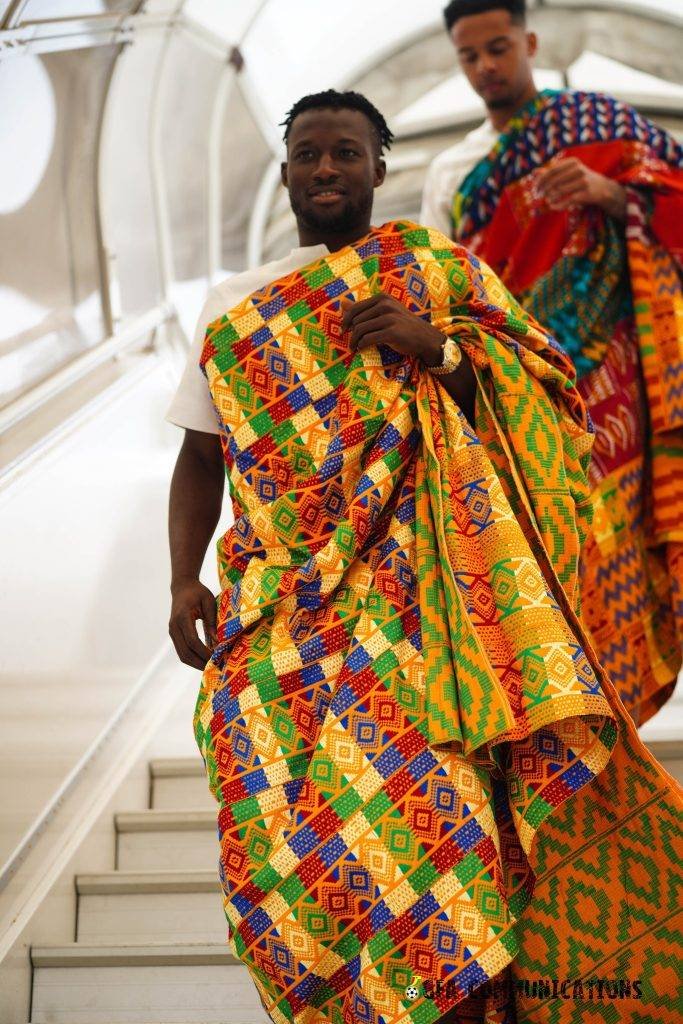
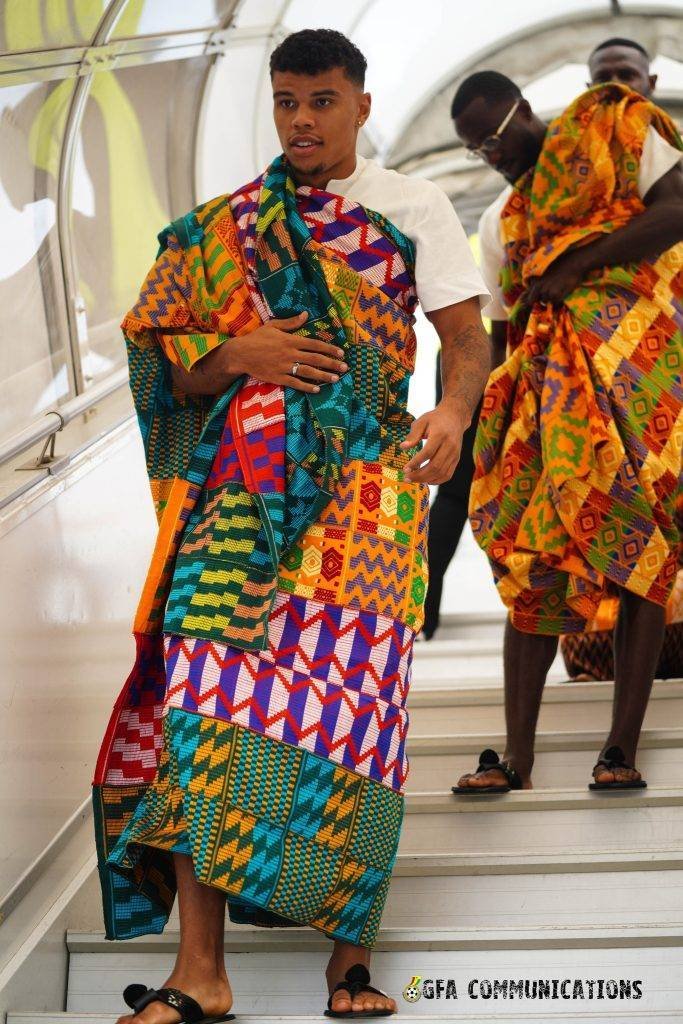
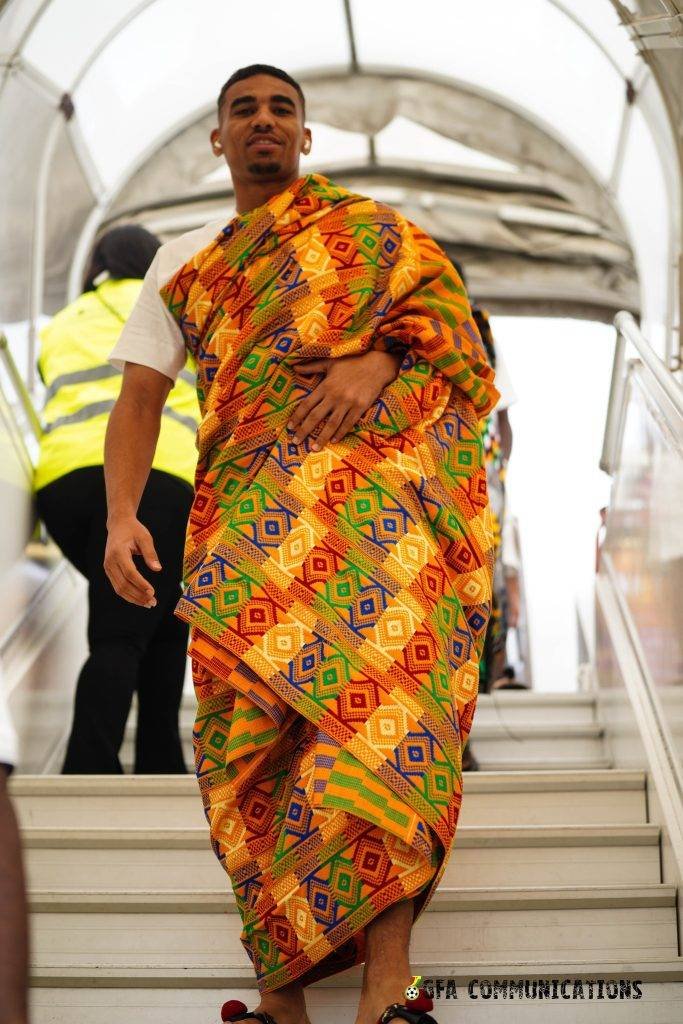
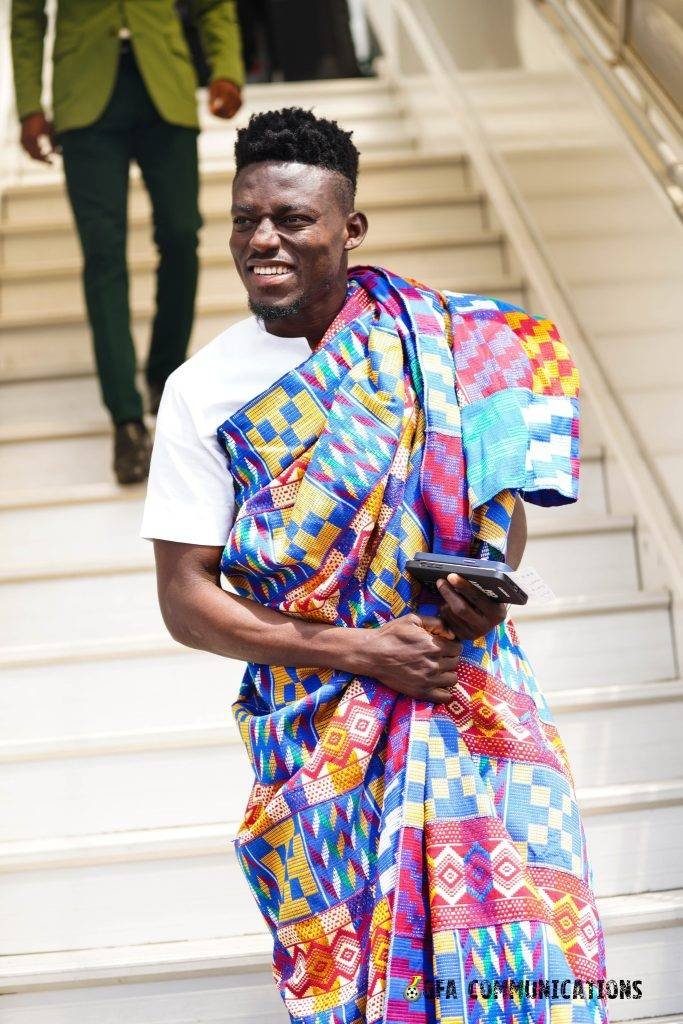
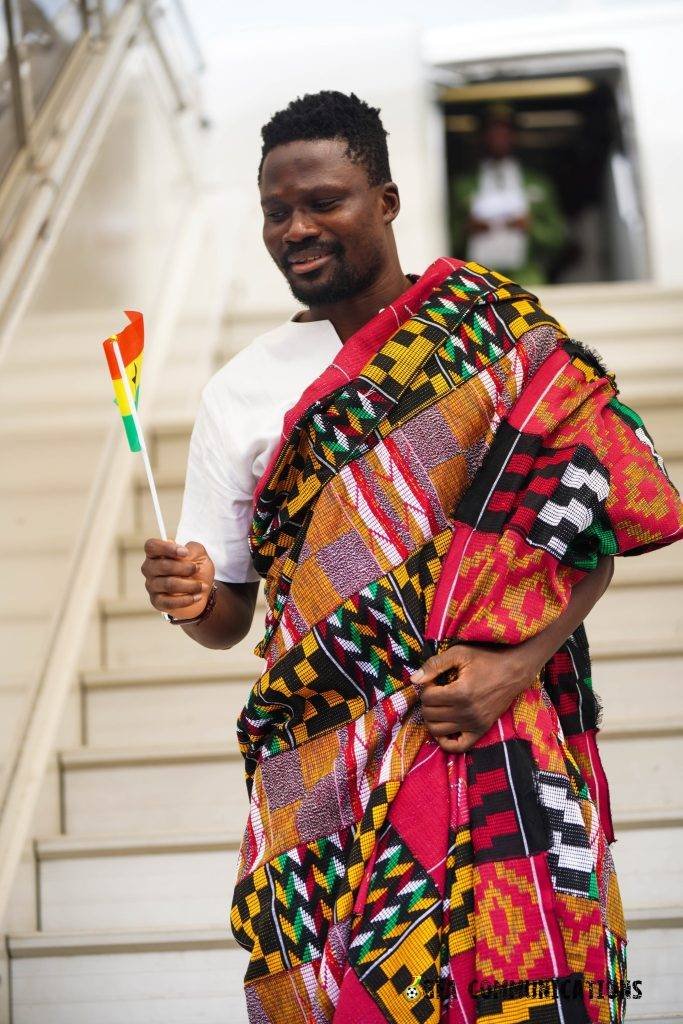
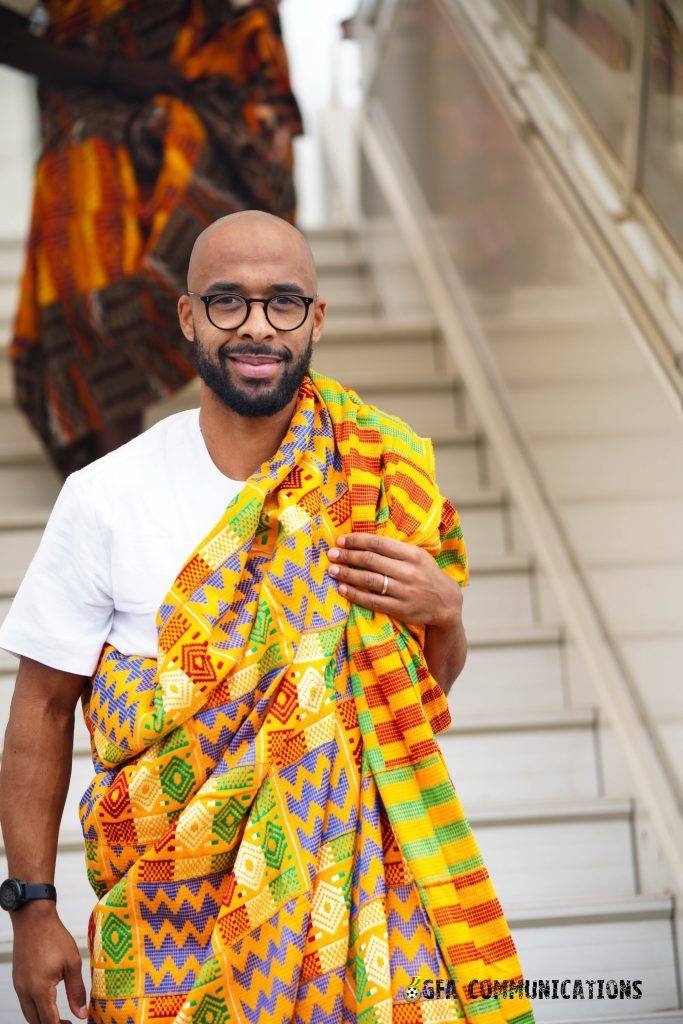
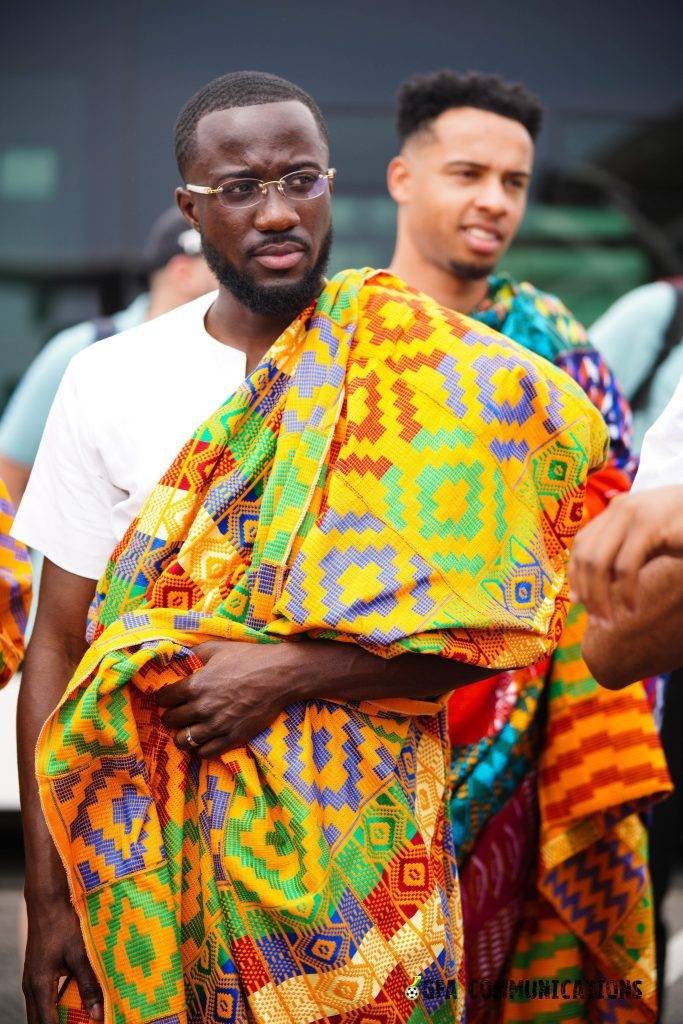
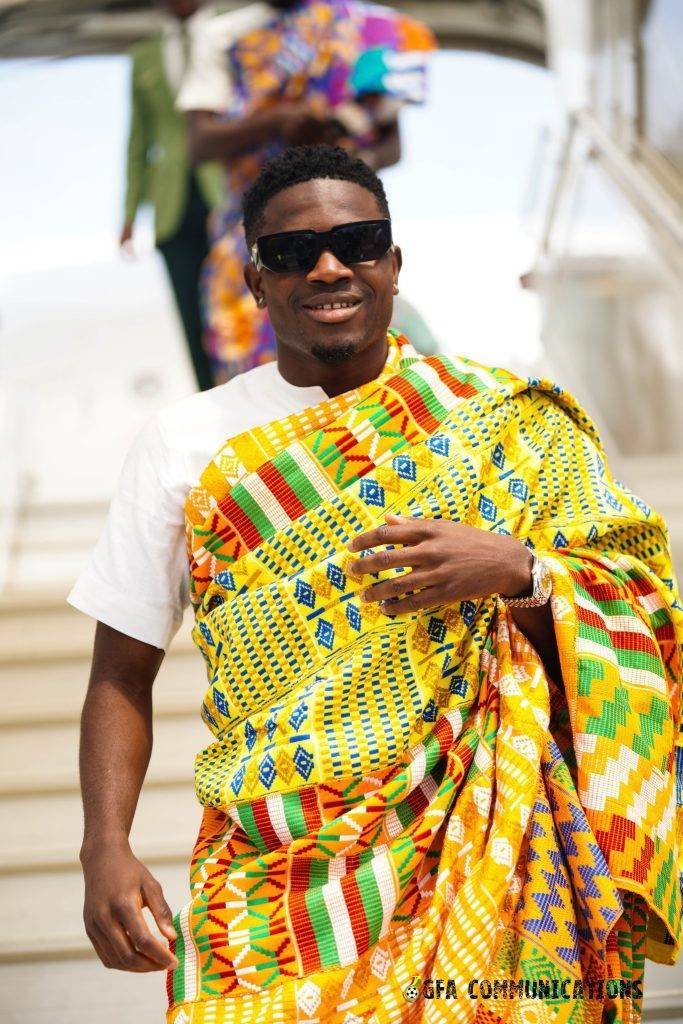
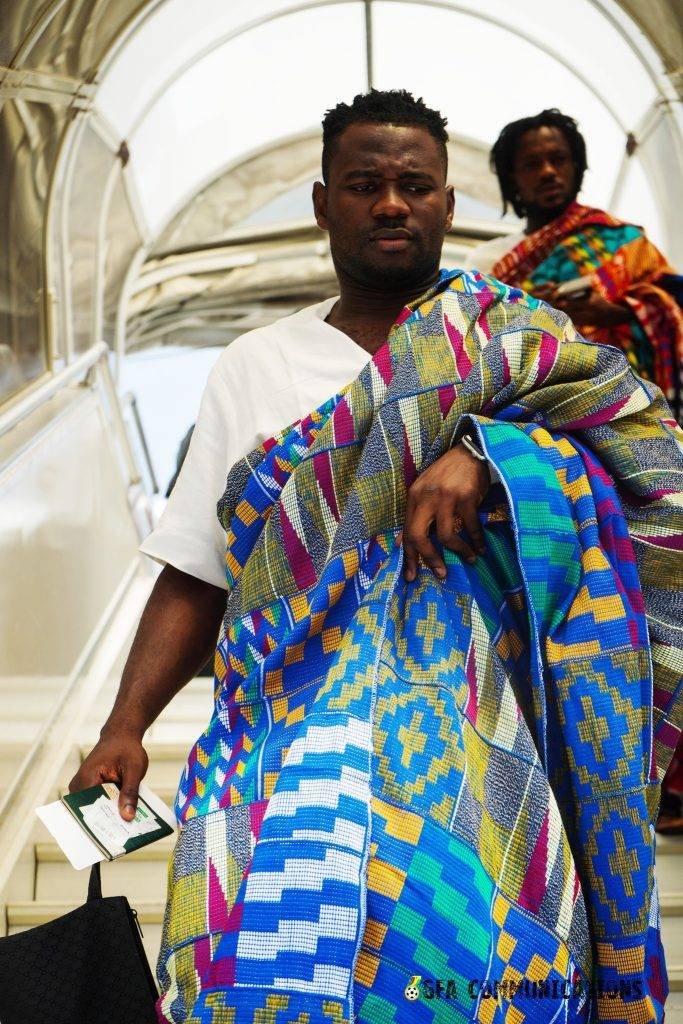
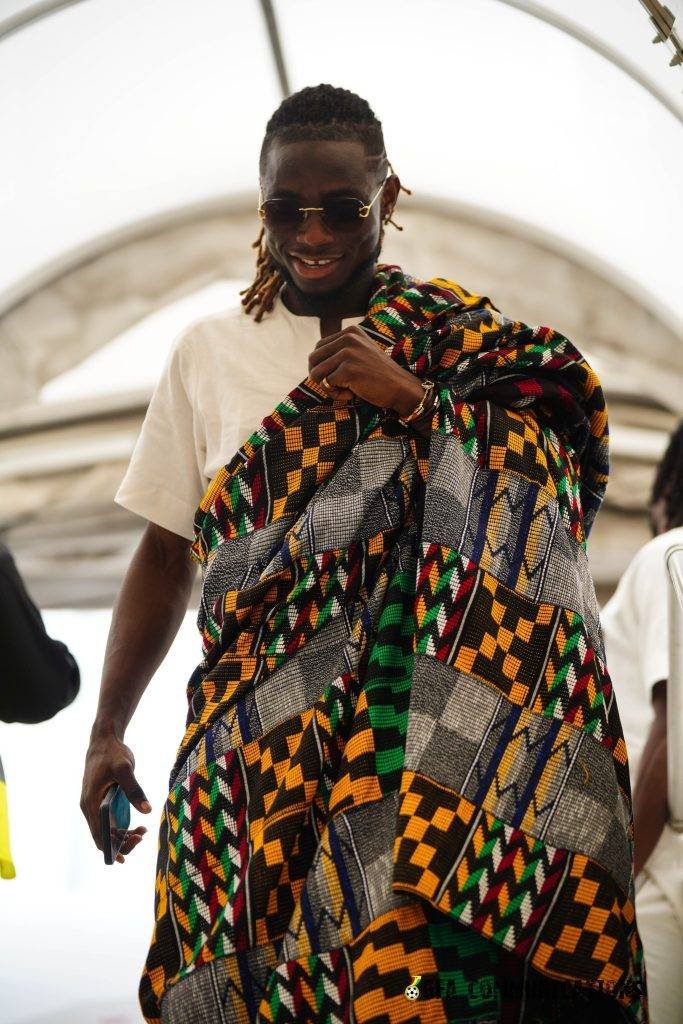
These players know better than all and have a better understanding of what it means to be handed places in national teams. It comes with pride and enhances the player’s status.
However, it also comes with a huge responsibility to put everything aside in defence of the country’s flag at the biggest continental football platform.
The FA President therefore minced no words when he reminded the team of the times in which they found themselves. Indeed, this is the time to deliver what a particular generation of Ghanaian football fans have not experienced in their lifetime.
At the same dinner to bid farewell to the team, the President of the land, Nana Addo Dankwa Akufo-Addo also urged them to strive to win the ultimate because the entire nation was behind them.
On the surface, it appears majority of Ghanaians have given up on the team but that situation could change based on what they show at the showpiece.
This is surely not bigger than the team full of youngsters that have struggled to keep Ghana at the top as one of the powerhouses of African football.
Paired in a group with Cape Verde, Egypt and Mozambique, Ghana is surely one of the countries expected to progress from Group B of the competition.
But they are likely to meet stiffer opposition after the group stage when other forces like Senegal, Algeria, Morocco, Cameroon, Cote d’Ivoire, Nigeria and others all lurk around the trophy.
Asking the Black Stars to bring home the trophy appears a mere formality to demonstrate one’s faith in the team but realistically, it seem a huge impossibility but that underdog status is what they would be expected to thrive on to upset the apple-cart. Go for the trophy, Stars!
By Andrew Nortey
Hot!
Swedru All Blacks back to winning ways, Roshan humble King Faisal
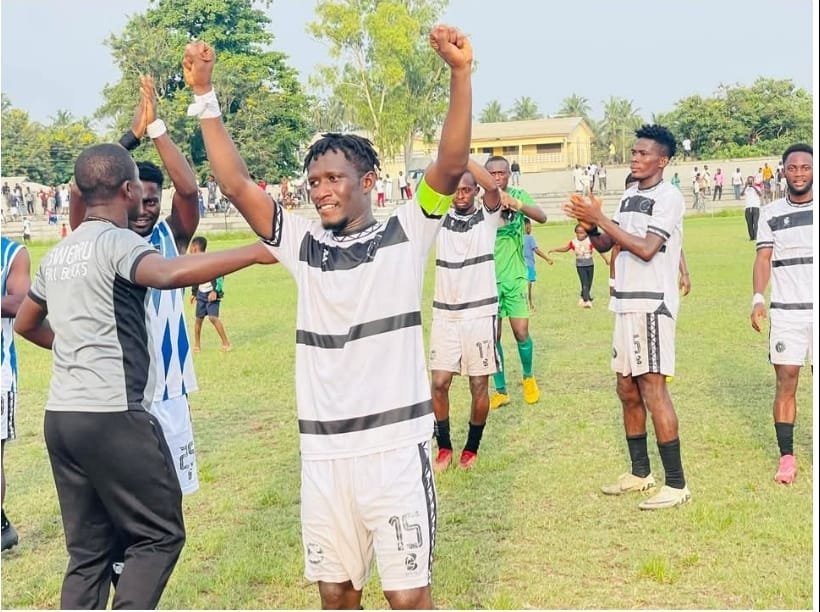
Sekondi Rospak FC made it eight wins in eight successive home games after three second-half goals from John Amoah, Joseph Ntow and Stephen Anthony Kofi. John Amoah opened the scoring in the 55th minute after a barren first half. Joseph Ntow added to the tally in the 56th minute before Stephen Anthony Kofi rounded things up in the 74th minute to give Rospak a 3-0 win over former Premier League side King Faisal.
Elsewhere at Swedru – leaders Swedru All Blacks humbled PAC Academy in an emphatic 2-0 win. Zayat Bubakari scored first for Swedru All Blacks in the 27th minute before Rudolf Junior Nana Kwasi Mensah made it 2-0 in the 34th minute. Swedru All Blacks are top of the table with 36 points – 4 points ahead of second placed Rospak FC.
Meanwhile, Former Premier League side Cape Coast Mysterious Dwarfs recorded their fourth successive home victory after beaten New Edubiase United 2-1 at the Robert Mensah Park. Enoch Odoom struck first for Cape Coast Mysterious Dwarfs in the 19th minute but Steven Asante equalized for New Edubiase United before halftime. After the interval, Godfred Eshun scored from distance in the 65th minute to help Cape Coast Mysterious Dwarfs secure all the points.
Here are the results in Zone Two
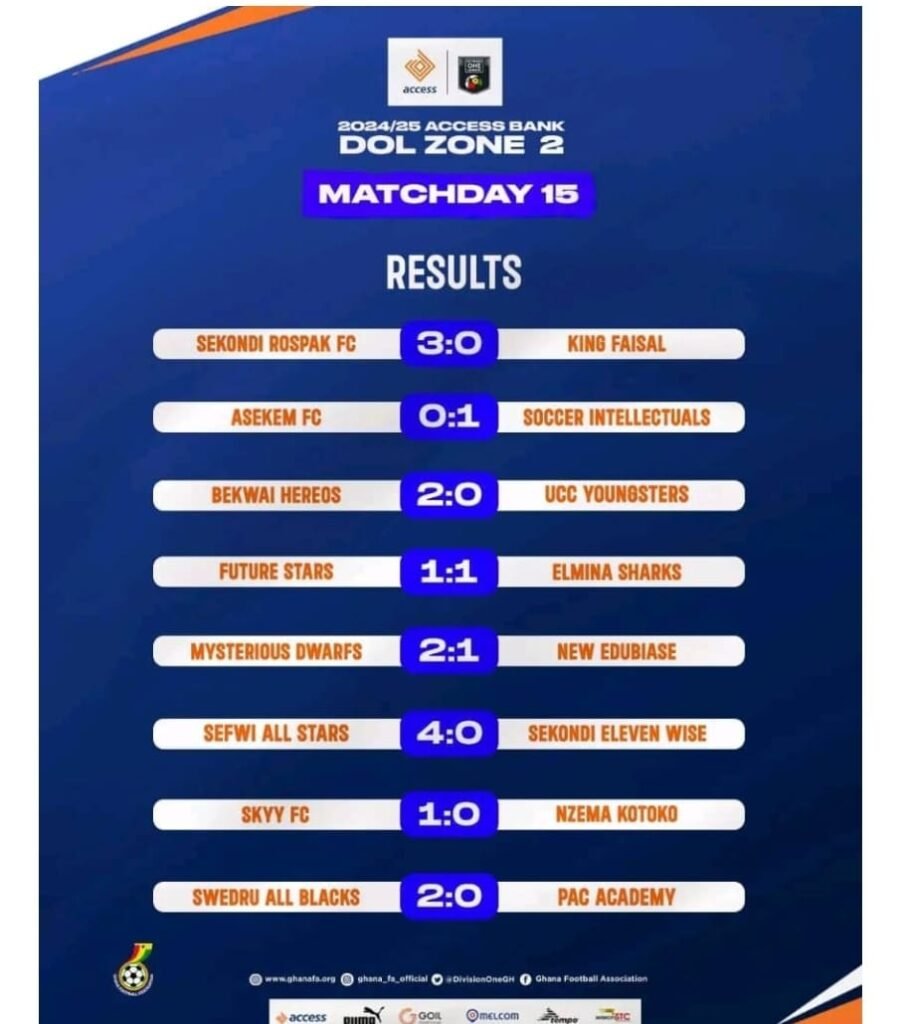
Hot!
Cervical Cancer alert: Avoid sex at early age
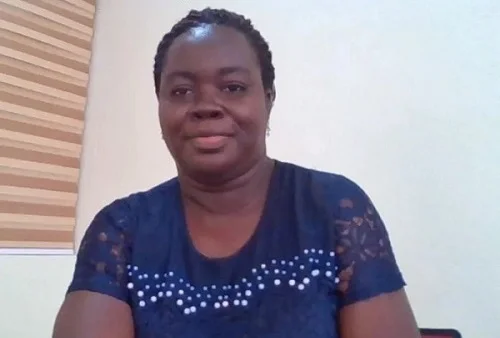
The Programmes Manager of Non-Communicable Diseases (NCDs) of the Ghana Health Service (GHS), Dr Mary Efua Commeh, has advised young girls to avoid sex at an early age.
This, she explained, will give the cervix the opportunity to mature before they become sexually active.
“You need to delay what we call the first sexual intercourse as much as possible to give the cervix the opportunity to mature before the person becomes sexually active,” she said.
Dr Commeh stated this in an interview with The Spectator in Accra on Tuesday as a part of the Cervical Cancer awareness month.
According to her, cervical cancer was the second leading female cancer in Ghana with a total of about 3,072 cases annually, and out of that, 1,815 deaths are recorded, representing more than 50 per cent.
She indicated that “If young girls are going to be sexually active, then you need to talk to your parents about being vaccinated.”
She explained that vaccinating young girls against human papillomavirus (HPV) has been found to be a very effective way of preventing cervical cancer.
“There are countries that started HPV vaccination years ago and they are not seeing any cervical cancers now because they would have eliminated most of the high-risk HPVs in their women. So if the high-risk HPV is not there, then obviously the results on cervical cancers are going to go down,” she added.
Dr Commmey said the HPV vaccination is recommended for young girls aged nine to 14 years, adding that it had been found to be highly effective, not just for cervical cancers but for other HPV-related cancers, such as anal cancers, cancers of the vagina, genital warts, amongst others.
She further elaborated that the idea is to put up a barrier before the HPV comes in and that once a young female encounters it, she is already protected.
She also mentioned that for cervical cancers, the main cause is called HPV infection, saying generally, all sexually active women acquire HPV at some point in their lives.
However, the Programmes Manager of NCDs at the GHS mentioned that the body has a way of clearing the HPV, explaining that it is a natural mechanism that goes on, unfortunately, there are a few women whose HPV persists.
Moreover, she noted that the numbers for Cervical Cancer tend to be much higher because at times, clients would wait, and try all sorts of medications before they finally report to the health facility saying “we actually lose some women before they get to the hospitals with over 75 per cent of the cases coming in its third and fourth stages.”
Dr Commey, therefore, called for public awareness while ensuring the availability of information for prevention and control.
By Jemima Esinam Kuatsinu







